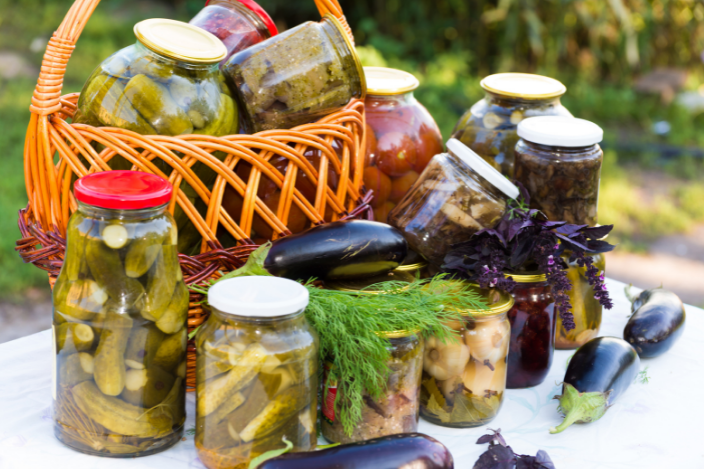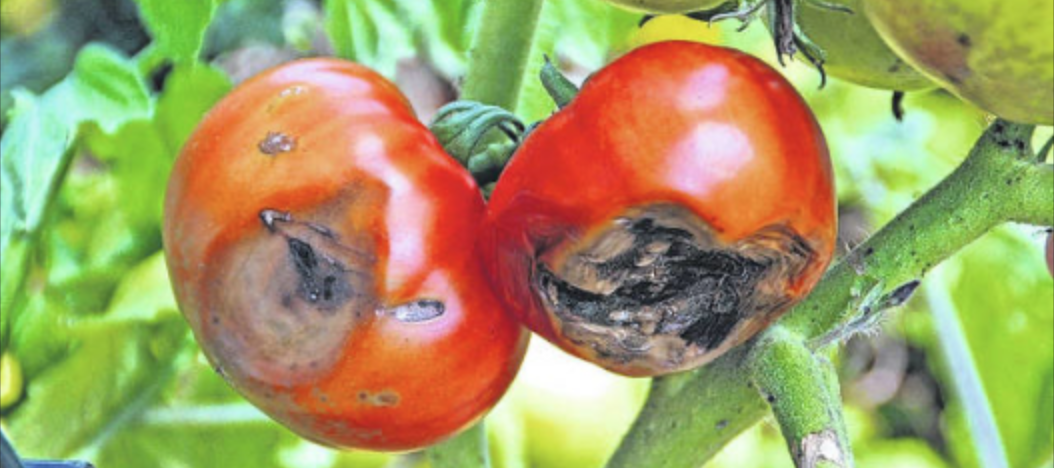Transform Your Waste into Nutrient-Rich Soil
Composting: A Sustainable Solution for Your Home
Discover the art of composting and turn everyday waste into valuable resources for your garden. Start enhancing your plants’ growth with our easy guide.
Reduce Waste
Minimize your household waste by composting organic materials efficiently.
Enrich Your Soil
Boost the health of your garden with nutrient-rich compost.
Sustainable Living
Adopt eco-friendly practices and contribute to a greener planet.
Start Composting at Home
Step 1
Step 2
Step 3
Essential Composting Ingredients
What Goes Into Your Compost?
Green Materials
Include fruit and vegetable scraps, fresh grass clippings, and coffee grounds for nitrogen-rich content.
Brown Materials
Add dried leaves, straw, and shredded paper to provide carbon and balance the compost.
Key Benefits of Composting
Enhances Soil Quality
Composting enriches the soil, providing essential nutrients that improve plant growth and health.
Retains Soil Moisture
Compost helps soil retain moisture, reducing the need for frequent watering during hot weather.
Reduces Waste
By composting, you can significantly reduce household waste, turning organic scraps into valuable resources.
Supports Plant Health
Compost promotes robust plant growth and resilience against pests and diseases.
Optimal Composting Timeline
For best results, allow your compost to mature for 6 to 12 months. This timeframe ensures that the organic matter fully breaks down into nutrient-rich humus.
Once your compost is dark and crumbly, it’s ready to be mixed into your garden soil, providing a boost to your vegetable plants.














Recent Comments